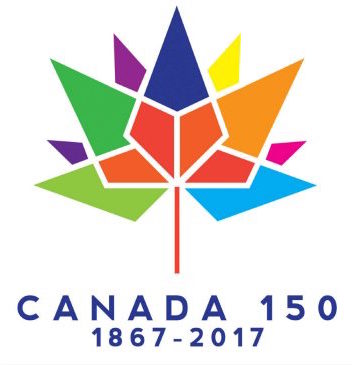
Imagine being a child bride in pre-revolutionary Iran – suffering abuse on a daily basis, being forced into a joyless marriage and having children at the age of 13. There is no law or organization that can protect you, as the entire affair is perfectly legal.
Now, imagine having a beautiful husband and children, a mother and father, and then losing them all in a genocide.
What hope could remain in a human heart after enduring such calamities?
Could an intense desire to right the wrongs or change the world bring back life to a suffering soul?
In Amity, author Nasreen Pejvack makes her reader wrestle with such questions, page after page, as she recounts both the painful and happy memories that form the lives of her two main characters: Ragusa, a survivor of the Yugoslav ethnic conflicts of the 1990s, who is on the verge of taking her own life, and her unknowing rescuer, Payvand, who is an Iranian activist with a tragic life story of her own.
Paradox of the West
Amity shows that there are moments in some peoples’ lives in which hope does not materialize from suffering. There are times when the soul has been so utterly shattered, that the mere suggestion of finding meaning within its pain is insulting.
Pejvack presents a panorama of a Western world – with its affluence and the seeming peace of its clean streets – which hides many truths and stories of refugees or others who have fled conflict and reached what seems like a safe haven.
As the stories in Amity show, the suffering of many of those individuals will not cease once they have a Canadian passport.
As the stories in Amity show, the suffering of many of those individuals will not cease once they have a Canadian passport or British citizenship. The marks that their pasts have left on their souls will accompany them forever, like a shadow surrounding the most trivial moments of their lives.
Yes, many of them have been saved; the lucky few have even re-married in their new countries and found jobs and successful careers. But who can take away the pain of the memories, the tears, and the nightmares that keep survivors trapped in their minds as if in a prison of their pasts?
Pejvack’s book is heartfelt throughout. It is honest and direct and her phrases are simple, clear, and concise.
For those readers who are fortunate not to have suffered the misfortunes of war, oppression and tragedy, this book will provide insight into the lives of the millions of people worldwide who are experiencing similar fates as Ragusa and Payvand.
Understanding each other, and the world
Amity is a testament of sympathy with victims and the experience of sharing an understanding of tragedy and pain; of expressing empathy towards those who feel that no one could possibly understand the depths of their suffering.
This book grabs the audience’s attention rapidly, with its strong life stories and its vibrant political, economic and historical debates, made intentionally easy to read.
Her book is incredibly timely and relevant in the context of the present turmoil in the Middle East.
The writer’s political debates illustrate the evils that have plagued Iran and the nations that formed the former Yugoslavia, creating strong sentiments between two women who shared impassionate days and brought joy to each other in their pain.
The book succeeds at making the audience care about global politics and the way it creates wars that lead to the kinds of crises that have made these two protagonists suffer so much in their lives.
As Payvand tries to pull Ragusa back to life by telling her stories, this book also grabs the reader’s attention and curiosity from the beginning by making us want to learn more about the fascinating characters Pejvack describes in each chapter.
For those interested in the histories of the places where conflict has struck recently, this book embarks on detailed accounts of Iran’s recent past, explaining how the country came to be what it is now.
Pejvack’s explanations are nuanced and politically knowledgeable. Her book is incredibly timely and relevant in the context of the present turmoil in the Middle East.
… Pejvack writes in a way that is every bit poetic as it is political and invites people to care, to take action, and to participate in her revolution.
Call to action
Each of Pejvack’s characters is an activist in her own right.
Ragusa, a Croat, married a Serb – something inconceivable during tense times in which Croatian and Serbian populations were at war.
Payvand, an Iranian revolutionary, had to see her comrades die and experience the disappointment of witnessing the onset of what she calls an ignorant revolution.
From the portrait of violence Pejvack presents comes a call for revolution. Formerly a writer and poet for an underground activist publication in Iran, Pejvack writes in a way that is every bit poetic as it is political and invites people to care, to take action, and to participate in her revolution.
The call for unity regardless of nationality and other differences is one of the most beautiful premises this book proposes. This work is a must-read for inspired young citizens of the world, as Pejvack appeals to those who are trying to make a difference and are in need of some accessible guidance on how to contribute positively to the world.
Maria Assaf is a Colombian-Canadian freelance reporter who writes for Latin American, Filipino and other immigrant publications in Canada, including New Canadian Media. She completed her bachelor’s degree in journalism at Ryerson University and is currently pursuing a master’s degree in development and emergency practice at Oxford Brookes University, where she is researching refugee freedom of expression.




